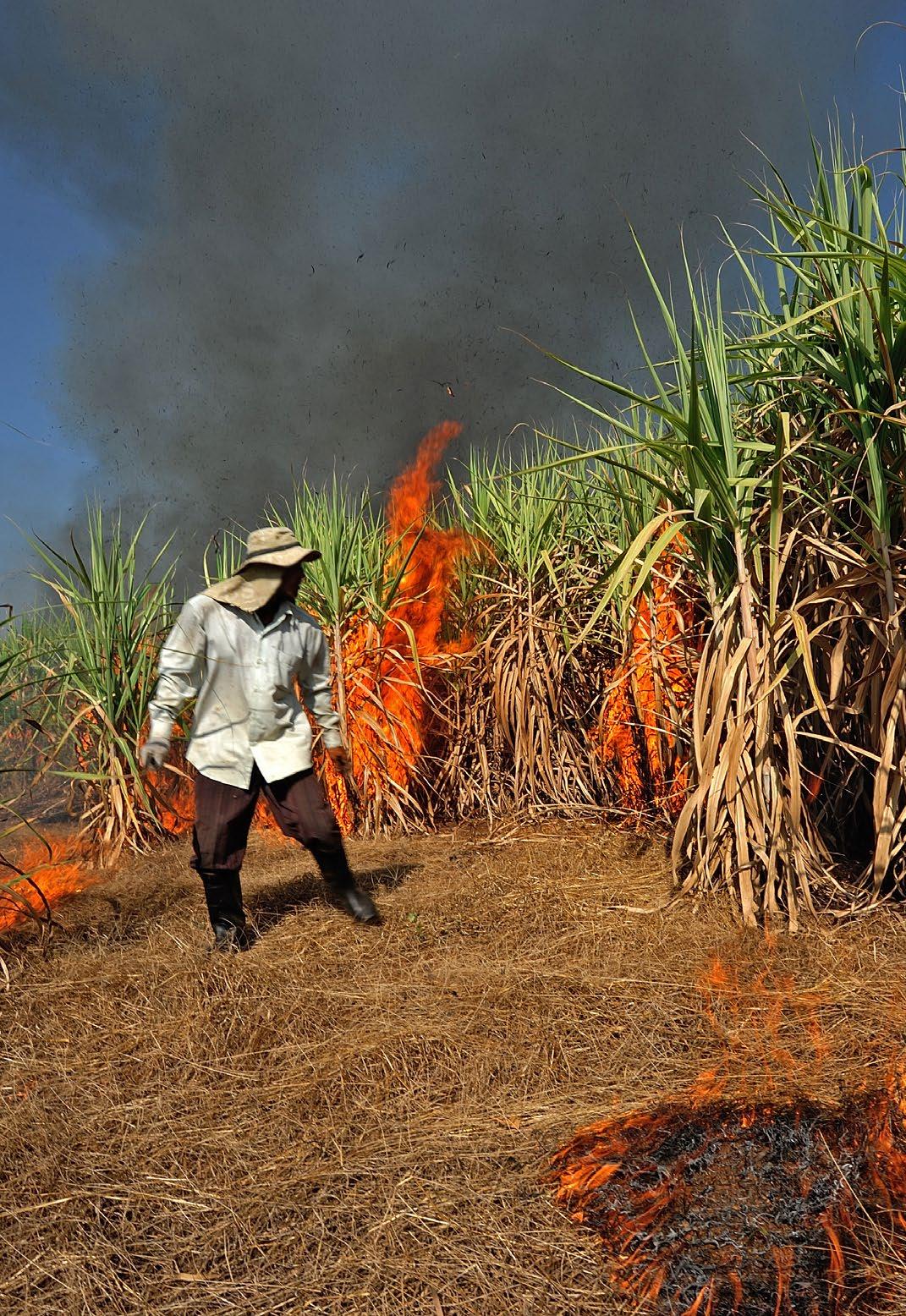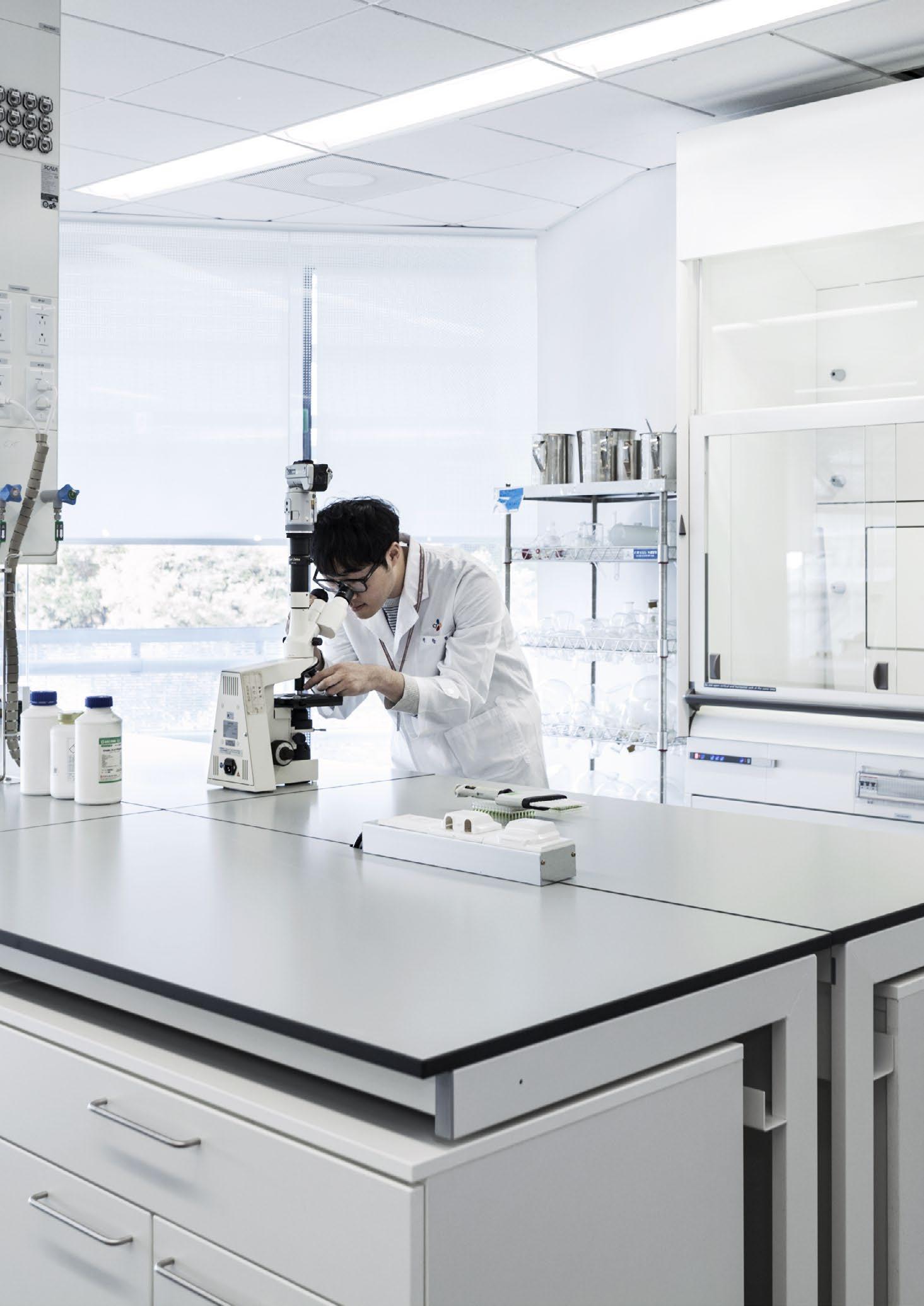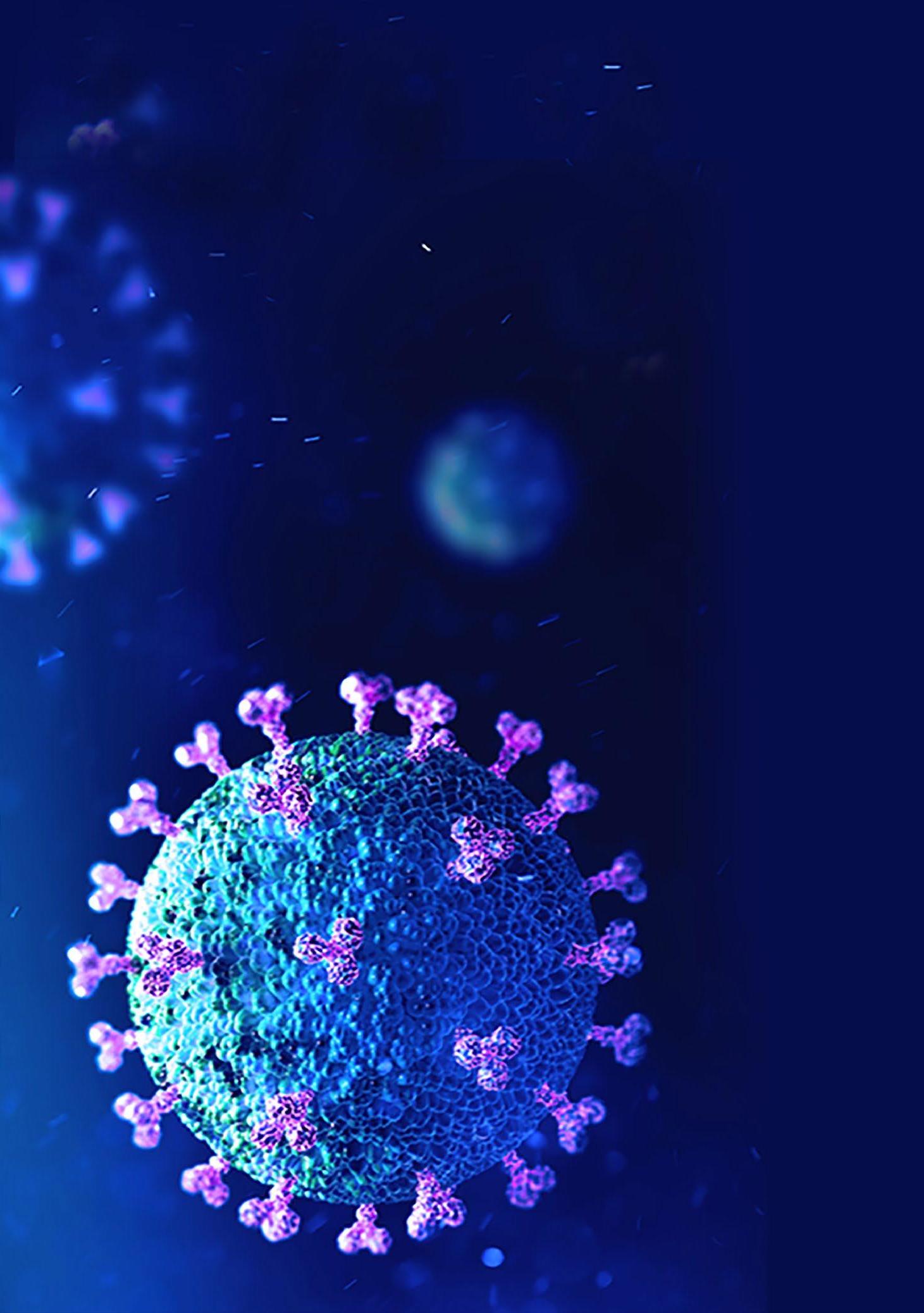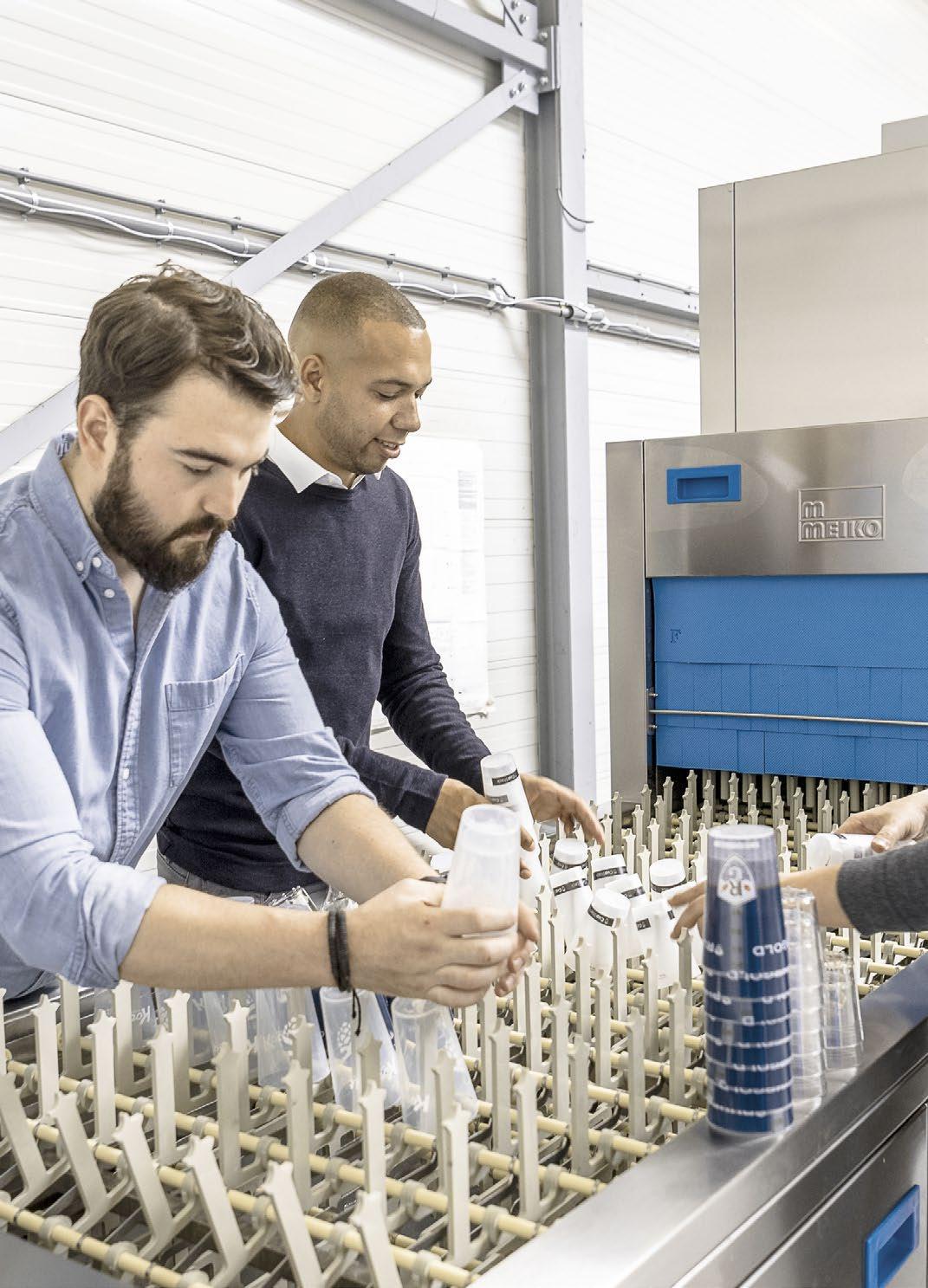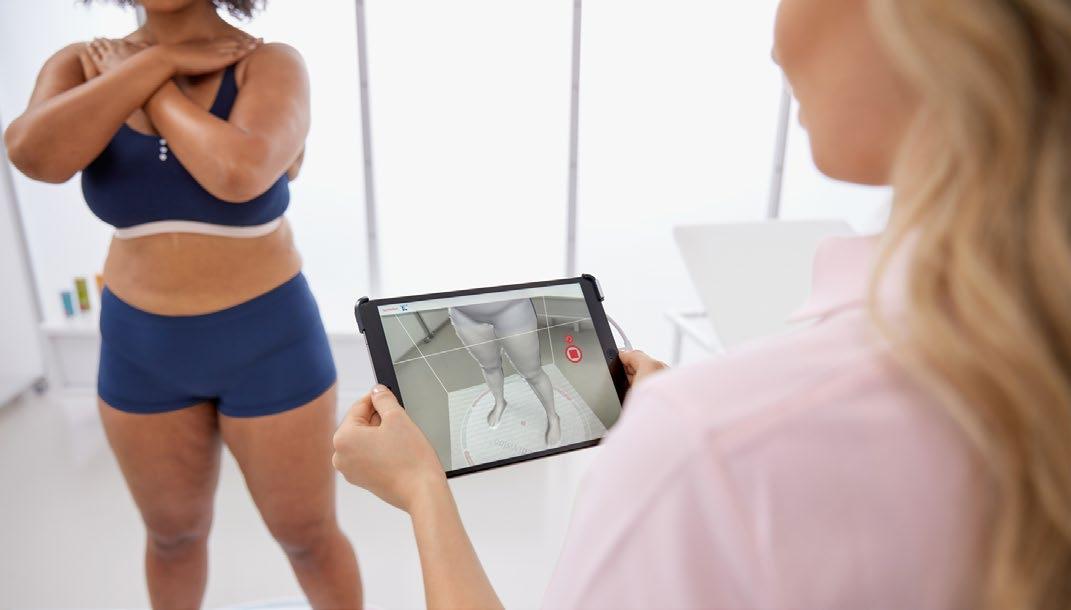
3 minute read
Substantial dialogues during the Canberra Delegation 2021
Governmental Affairs
By Dr Michael Zettinig, German-Australian Chamber
Advertisement
Following the COVID-related break, there has been strong interest from GermanAustralian Chamber member companies in engaging with policymakers in Canberra during the Canberra Delegation 2021.
The focus of the delegation program was on the following topics:
- energy, including hydrogen and energy efficiency,
- the Australia-EU Free Trade Agreement negotiations, and
- cybersecurity / advanced manufacturing.
This year’s delegation coincided with the first-ever Chamber Board meeting in Canberra, and most Board members were able to participate.
We want to thank all delegates and our insightful discussion partners and collaborators, especially the German Embassy in Canberra, the Konrad Adenauer Stiftung Regional Program Australia and Pacific and Dr Hannelore Duczek.
The delegation program kicked off with a reception by German Ambassador H.E. Dr Thomas Fitschen in his residence for the delegation and key policy stakeholders from Canberra.

Canberra Delegation luncheon discussion with Ambassador of the European Union to Australia, Dr Michael Pulch, in the presence of German Ambassador Dr Thomas Fitschen. Topic of the discussion was the EU-Australia Free Trade Agreement negotiations.
Before going into details of Tuesday’s day program, I want to thank Dr Beatrice Gorawantschy and her team at the Konrad Adenauer Stiftung Regional Program Australia and Pacific for organising the dinner discussion on Tuesday evening at the impressive Boathouse. The keynote speaker was Peter Jennings, Executive Director of the Australian Strategic Policy Institute. Peter outlined the defence and national security risks created by China’s strategic advances, and we discussed the impact of this development on international businesses. Please find the report from Konrad Adenauer Stiftung about this fascinating discussion here.
Our sold-out delegation had several other insightful roundtable discussions, including with Trade Minister The Hon Dan Tehan MP at Parliament House. The Minister mentioned his recent exchange with Peter Altmaier, German Federal Minister for Economic Affairs and Energy, and how the Australia-EU Free Trade Agreement negotiations progress. Energy collaboration is another bilateral economic opportunity.
Earlier that day, the delegation participated in a roundtable discussion with H.E. Dr Michael Pulch, Ambassador of the European Union to Australia. The main topic was again the EU-Australia Free Trade Agreement negotiations that happened virtually during the delegation. The Ambassador discussed with the delegates the updated EU trade policy, the role of trade in the strategic partnership, the importance of climate action and what can be done for small and mediumsized enterprises (SME) in particular to benefit from trade agreements. On top of all of that, the Hotel Realm also provided a delicious lunch.
“The delegation sparked expert discussions and provided insights from both policy and industry on bilateral opportunities.”
The afternoon roundtable was around cybersecurity, especially regarding advanced manufacturing. We were delighted to welcome Dr Tobias Feakin, Ambassador for Cyber Affairs and Critical Technology from the Department of Foreign Affairs and Trade, Shadow Minister for Industry and Innovation The Hon Ed Husic MP and Tom Uren, Senior Analyst International Cyber Policy Centre at the Australian Strategic Policy Institute (ASPI). The importance of cybersecurity was apparent during the discussion, chaired by Stephen Pratt, Managing Director Australia/NZ at Leonhard Kurz Australia. Prof Bronwyn Fox (Swinburne University of Technology) and Karen Zwissler (SAP, Board member of the Chamber) gave impulse statements on the subject.
The delegates enjoyed the opportunity to discuss energy topics with two outstanding experts from the Department of Industry, Science, Energy and Resources (DISER).
Duncan McIntyre is the Head of the Energy Efficiency Division, and Kushla Munro is Head of Division, International Climate & Technology. Both were very knowledgeable and discussed bilateral energy collaboration with our industry delegation. As expected, the topics of hydrogen and energy efficiency dominated the discussion. Bilateral opportunities are strong in both sectors. The discussion participants welcomed several initiatives in this field, such as:
- the German-Australian Energy Working Group with its hydrogen and energy efficiency sub-working groups,
- the HySupply bilateral hydrogen feasibility study,
- the German-Australian Hydrogen Alliance
Energy will stay an important topic and business opportunity for years to come. That extends to possible supply arrangements and technology exchanges.

Canberra Delegation 2021 participants group photo
Of course, all activities were COVIDsafe, including following all relevant regulations and using the CheckIn CBR app.
It was a packed schedule – Chamber staff will be busy following up on the many discussions during the 1 1/2 days. We cannot wait to invite our members to the next Canberra Delegation in 2022.

Discussion with Australian Minister for Trade, Tourism and Investment The Hon Dan Tehan MP at Parliament House about the bilateral trade and investment relationship. Governmental Affairs

